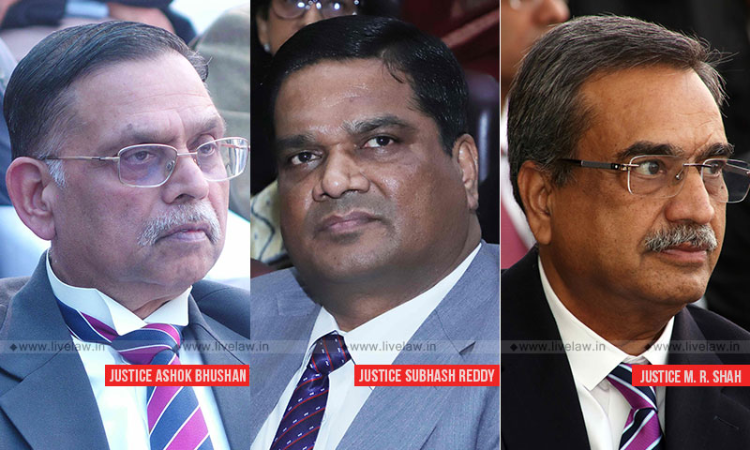The Supreme Court has decided to examine the legal position regarding the period required to file chargesheet, for the purposes of default bail under Section 167(2) of the Code of Criminal Procedure, when the offence does not prescribe a minimum sentence and the maximum term of imprisonment prescribed is more then ten years.A bench headed by Justice Ashok Bhushan issued notice on this question...

